Psychologist John Gottman is best known for his work predicting the stability of a marriage by observing communication patterns in couples. In his latest book, The Science of Trust, Gottman draws on extensive clinical observations, longitudinal studies, and even game theory to show that trust is essential to lasting romantic relationships.
Gottman explains how trust can be nurtured in couples through what he calls “emotional attunement”—learning to “be there” for your partner when they are expressing emotions or needs. And he describes how therapists can help partners build attunement by teaching them the skills of tolerance, understanding, and awareness.
While betrayals can undermine trust and tear couples apart, Gottman argues that partners have an easier time forgiving each other after a betrayal when they have a trusting relationship to begin with. Gottman offers therapists strategies to help lay a foundation of trust by encouraging partners to tell the truth, follow through on promises they make, and listen with care to one another, even in the midst of arguments.
Marital therapists will find that this book provides proven assessment tools and interventions for helping couples recover from relationship rifts. Researchers will enjoy the detailed scientific literature on couple relationships from one of the most prominent researchers in the country.
As a psychiatric nurse at San Francisco General Hospital, Laurie Barkin counseled some of the city’s toughest patients—gang members with gunshot wounds, drug addicts on the street, prisoners suffering from HIV—and heard terrible stories of rape, abuse, neglect, and loss. But even as she offered compassionate care to her patients, she found that the work took a toll on her own mental health, making her anxious, sleepless, and troubled.
In her moving new memoir, The Comfort Garden, Barkin shares her stories from the front lines of an urban trauma unit. She also explains that when she sought emotional support from other staff in the psychiatric unit, she found many were unwilling to talk about the psychological hazards of the job.
“Too many of us nurses are bad about self-care,” she writes. “We’re overweight; we smoke; we overwork; we slip into addiction. We’re so used to being the helpers that we can’t see when we ourselves need help.”
Barkin found solace in a garden near the hospital, where she sat, observed the flowers, and meditated. Her healing experience in this “comfort garden” inspired her to start a trauma support group for her patients—something the hospital, surprisingly, had not offered before.
Throughout the book, Barkin’s humanity and integrity shine through. She makes a compelling case for why health care centers should attend to the emotional needs of their staff if they want to retain these caregivers and better serve their patients.
Applied Positive Psychology is a collection of essays, written by some of the most prominent positive psychology researchers in the world, that provides innovative ideas for how discoveries in positive psychology can solve real world problems.
The essays, many of them adapted from talks given at a 2009 symposium at Claremont Graduate University in California, share scientific findings on what conditions promote happiness, flow, creativity, resilience, and other positive states in people. The writers aim to make the relatively new science of positive psychology accessible to those who design and run our schools, workplaces, and health care systems, and to inspire these readers to transform their institutions to better serve their kids, employees, and patients.
The book should be of interest not only to psychologists but to anyone looking for constructive, novel approaches to public policy, education, business, and community health.
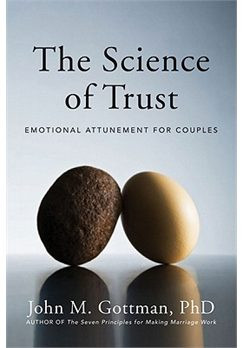

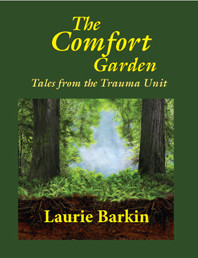
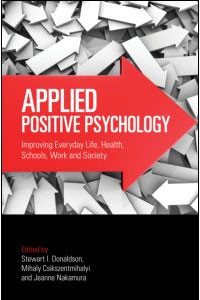

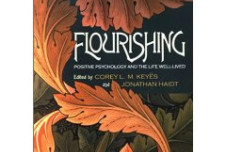
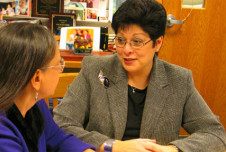


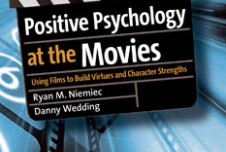
Comments
Trust is rally a huge science
Asala mp3 | 11:14 am, November 11, 2011 | Link
I am really love the great info is visible in this blog that to using the great services in this website. Thanks a lot for providing the nice info is visible in this blog that to using the great technology.
pikalainat | 3:38 am, December 22, 2011 | Link